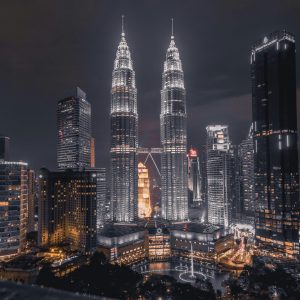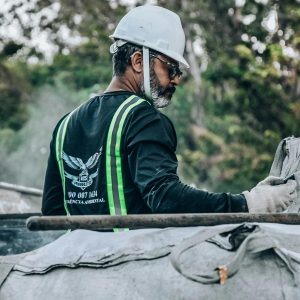India abusing G20 leadership by holding conference in occupied Kashmir: Pakistan FM
Muzaffarabad, Pakistan (AFP):
India is abusing its presidency of the G20 by holding a tourism conference in the part of Kashmir it illegally occupies, Pakistan’s Foreign Minister Bilawal Bhutto Zardari has said.
It is the first diplomatic event in the territory since Pakistan suspended trade and diplomatic ties with India in 2019, when New Delhi imposed direct rule on the part of Muslim-majority Kashmir it controls and enforced a heavy security lockdown.
“I wish I could say I was surprised, but I think that this is a continuation in what is becoming a norm now, of India’s arrogance on the international stage,” he said in an interview in Muzaffarabad, the capital of Pakistan-administered (‘Azad’) Kashmir.
“They’re abusing their presidency of the G20 to push their colonial agenda, but if they think that by holding one event in occupied Kashmir they can silence the voice of the Kashmiri people, then I believe that they are truly mistaken.”
The Indian-occupied portion has been roiled for decades by an insurgency seeking independence or a merger with Pakistan, with tens of thousands of civilians killed in the struggle for freedom and self-determination for Muslim majority Kashmir.
Pakistan administers a smaller part of Kashmir, and says holding the tourism meeting — which runs till Wednesday — in the territory violates international law, UN Security Council resolutions and bilateral agreements.
The G20 participants — made up of the European Union and the world’s 19 top economies — have been “put in a pretty awkward spot”, said the 34-year-old Bhutto Zardari.
“Those countries who make it a point to remind us and protest how outrageous it is that international law has been violated in Europe: I believe that they should be just as outraged when international law is violated in Kashmir,” he said, referring to Russia’s invasion of Ukraine.
China, which also claims the Indian state of Arunachal Pradesh in full as part of Tibet, has stood by Pakistan in condemning the meeting.
‘Patient people’
India is attempting to portray what officials have called “normalcy and peace” in the violence-wracked region by inviting the international community to a sprawling, well-guarded venue on the shores of Dal Lake in Srinagar, the capital of Indian occupied Kashmir.
Over the past week, hundreds have been detained by Indian forces in police stations and thousands including shopkeepers have received calls from officials warning them against any “signs of protest or trouble.”
“One of the most militarized zones in the world can never be seen as normal,” said Bhutto Zardari.
The South Asian neighbours have fought three wars since they were created at the partition of the Indian subcontinent in 1947. Muslim majority Kashmir was to accede to Pakistan, according to the rules agreed-upon at the time of partition by the ruling British. However, the Hindu maharaja of the Muslim territory acceded to India and the Indian government rushed in troops to crush an insurgency against the illegal move by the locals. The UN-brokered ceasefire of 1948 included terms to ensure the right of self determination to Kashmiris through the holding of a referendum, which the Indian government never allowed to be held.
Since India’s 2019 constitutional changes, rebels in Kashmir have largely been brutally crushed — although young men continue to join the insurgency.
Dissent has been criminalised, media freedoms curbed and public protests limited, in what critics say is a drastic curtailment of civil liberties by India.
The Pakistani foreign minister ruled out any chance of a warming of ties between the two countries unless New Delhi revoked the change in status of Indian-controlled Kashmir.
“Until this topic is addressed, it really stands in the way of peace in all of South Asia,” said Bhutto Zardari, the son of assassinated former prime minister Benazir Bhutto and the grandson of deposed and executed former premier Zulfikar Ali Bhutto.
Without it, no “meaningful dialogue” could begin on shared threats including militancy and worsening climate change.
The crackdown in Indian-administered Kashmir was ordered by Hindu nationalist Indian Prime Minister Narendra Modi, who since coming to power in 2014 has increasingly used religious polarization between Hindus and Muslims to mobilise the Hindu majority against the marginalized and insecure Muslim minority.
Next year, he will seek a third term in power at elections.
“We are patient people,” said Bhutto Zardari with a touch of sarcasm.







